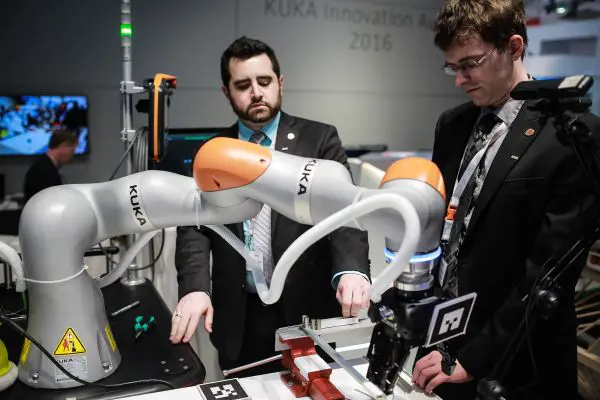Long Shunjin, 37, has been filled with happiness recently, as she is close to her daughter again after working away from home since the now two-year-old was just a baby.
Long lives in Paiwu Village in Xiangxi Tujia and Miao Autonomous Prefecture in central China's Hunan Province. Tucked away in remote mountains, residents do not have enough arable land and many live in poverty. For decades, young people have migrated to cities for work to support their families.
Long left to work as a caregiver for new mothers and newborns in Jishou, the nearest city, when her second child was just eight months old. She made 3,000 yuan (470 U.S. dollars) a month, not as much as others who went further away to larger cities, but she was able to take four days off every month to visit her children.
"The oldest child was better and often video chatted with me. But the second one was just too young. I barely had any time around her. She backed away every time I tried to hug her," the mother said.
Official data shows that over 9 million children were left behind in rural areas while their parents worked in cities in 2016. More than 90 percent live in the central and western provinces. Hunan is home to about 700,000 left-behind children.
Last July, Long learned about a Miao embroidery training course in her hometown. Local women are eligible to sign up to learn the intangible cultural heritage.
Qualified embroiders receive a base salary of 1,200 yuan a month plus performance pay based on the products they make. Mothers can bring their children to the workshop while they work. Lunch is also provided for free.
Long immediately decided to resign from her job in city and return home.
"Though I earn less than I did in city, I have more time with my children, which is more important," she said.
Miao embroidery has a history dating back more than 2,000 years. Miao women have long been famous for their craftsmanship. However, as more women migrated to work in cities, the traditional skill has been declining.
Ma Zhengbing set up the "Bring Mothers Home" program. In 2012, he encouraged a local embroiderer to attend a competition. The embroiderer's work won a prize and was auctioned for 18,000 yuan after the event.
"Poverty alleviation and cultural heritage protection are not contradictory. A combination of the two can increase both incomes and social benefits," he said.
Over 20 training bases and one product development center have been set up in the prefecture, creating nearly 3,000 jobs. Cooperatives that adopt scale and standardized production are thriving in almost every town.
In Tongdao County, over 4,000 female embroiderers have helped lift their families out of poverty. In Jishou, one-fifth of the returning migrant workers and former stay-at-home mothers are now working in the embroidery industry.
"This year we will continue to offer funding and supportive policies to bring more mothers home to their children," said Yu Xinrong, head of the provincial culture department.
(CHINA.ORG.CN)
 简体中文
简体中文

